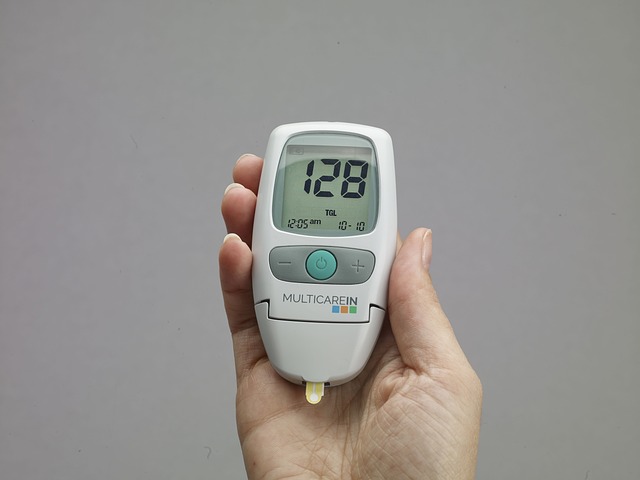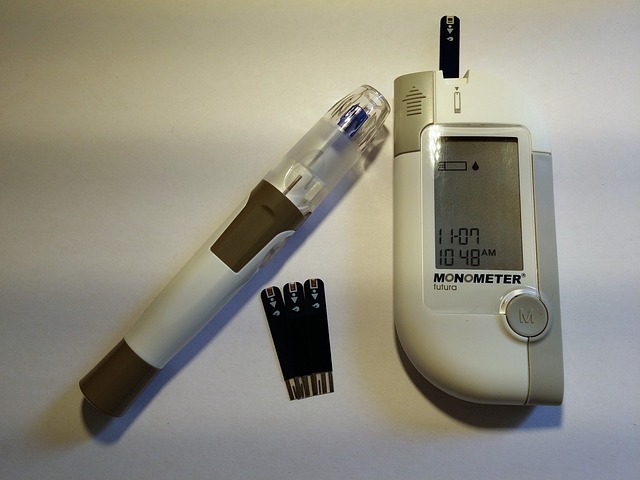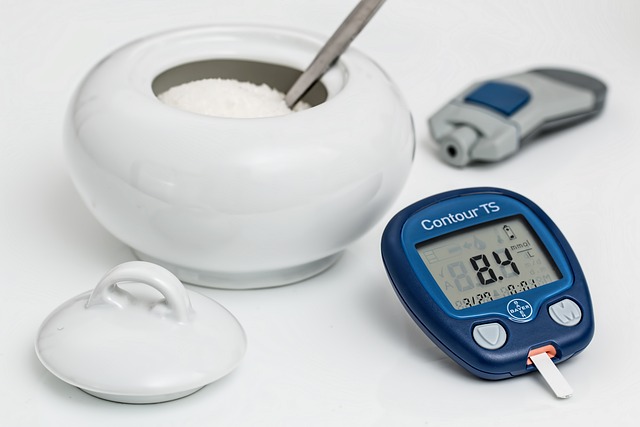Podcast: Play in new window | Download (Duration: 11:15 — 10.3MB) | Embed
Today’s sponsor is Freed AI! Freed’s AI medical scribe listens, transcribes, and writes notes for you. Over 15,000 healthcare professionals use Freed and you should too! Learn more here!
On this episode of the Real Life Pharmacology Podcast, I cover linagliptin pharmacology, adverse effects, drug interactions, and much more.
Linagliptin is a DPP-4 inhibitor used to help control blood sugar levels in adults with type 2 diabetes. It works by increasing the levels of incretin hormones, which stimulate insulin release and decrease glucagon levels in the blood.
Linagliptin is usually taken once daily and can be used alone or in combination with other diabetes medications.
Unlike some other diabetes drugs, linagliptin does not usually cause weight gain or low blood sugar (hypoglycemia) when used alone.
Linagliptin should not be used with GLP-1 agonists as it works on a similar pathway as that medication class.
Be sure to check out our free Top 200 study guide – a 31 page PDF that is yours for FREE!
Support The Podcast and Check Out These Amazing Resources!
Meded101 Guide to Nursing Pharmacology (Amazon Highly Rated)
Guide to Drug Food Interactions (Amazon Best Seller)









